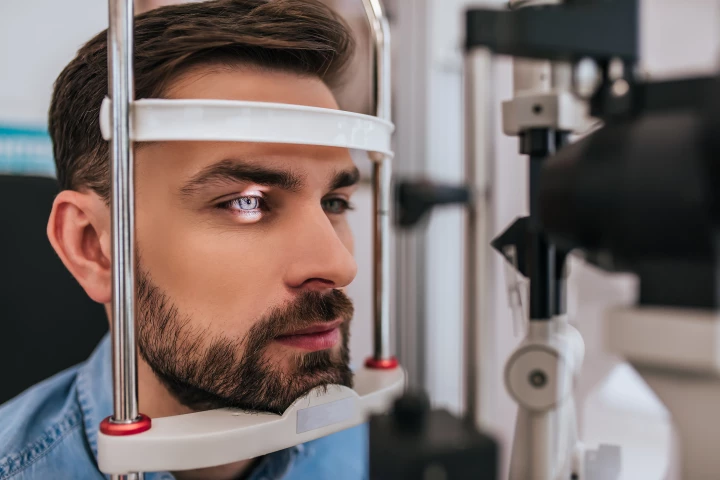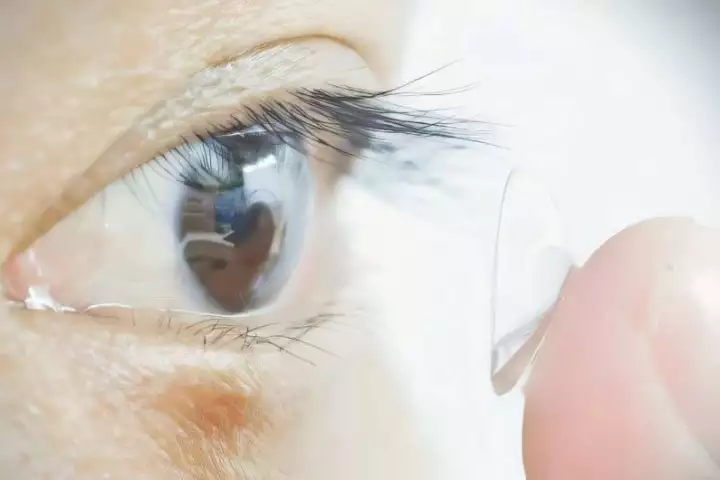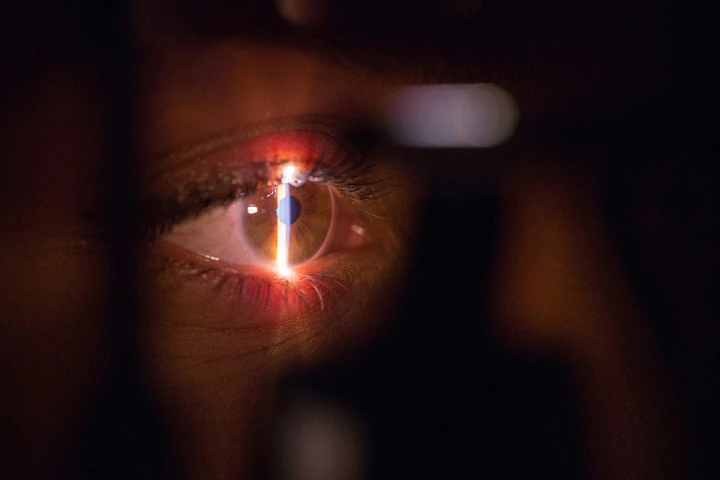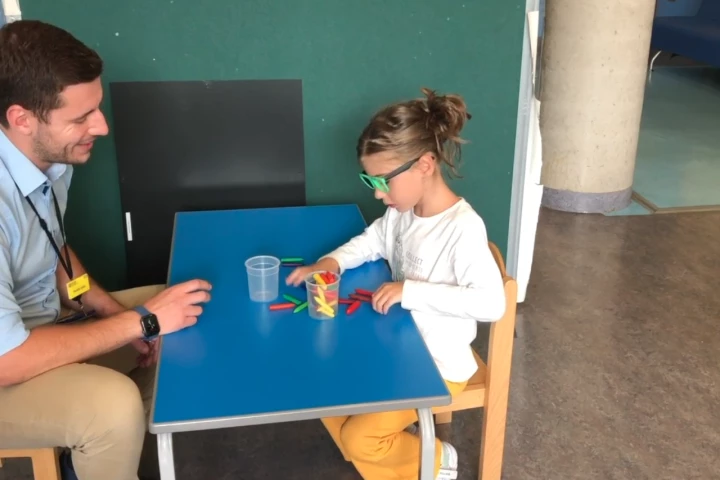Vision
-
Although there already are "smart" contact lenses that monitor the eyes for signs of glaucoma, the devices are typically only worn when the patient is awake. A new type of contact lens, however, watches over the eyes throughout the night, too.
-
A breakthrough treatment has allowed damaged retinal cells to regenerate themselves. The current research has been conducted on mice, but the pathways are the same in humans, which opens hope for a new way to treat certain kinds of blindness.
-
A team of researchers at Rice University has developed a haptic feedback vest and camera system for a blind dog known as Kunde. The vest helps guide the dog through daily obstacles and the hope is that it will soon do the same for other pups.
-
It certainly sounds like something from a new sci-fi series, but a power-free set of contact lenses impregnated with nanoparticles has proven successful in allowing humans to see what has previously been invisible – even when their eyes are closed.
-
Just when you think you've seen it all, researchers claim to have developed a way for people to see a color the human eye has previously never seen before. They're calling this new hue 'Olo.'
-
A surgical procedure to restore the power of sight to blind patients using their teeth is gaining traction around the world, with Canada opening its first clinic for this treatment. Here's how Osteo-odonto-keratoprosthesis works, and who it's for.
-
Eye injuries that damage the cornea are usually irreversible and cause blindness. But a new clinical trial has repaired this damage in patients thanks to a transplant of stem cells from their healthy eyes.
-
Scientists in the UK have successfully used gene therapy to restore some vision to legally blind children with an inherited retinal condition. All 11 children in the clinical trial saw improvements within weeks of a single surgical treatment.
-
It’s not always to picture what’s going on while listening to sports on the radio – so spare a thought for vision-impaired people who don’t have options. Now they do: meet the OneCourt, a haptic feedback device that works like braille for sports.
-
Scientists remain puzzled as to why some people taking popular weight loss and diabetes medications like Ozempic and Wegovy are losing their vision suddenly, highlighting that there's still so much we don't know about this life-changing class of drugs.
-
A clever new set of glasses may offer new hope to people with macular degeneration. By copying the structure of a fly's eyes, the specs are claimed to "fill in" the missing section of the wearer's view of the world.
-
People with photosensitive epilepsy could soon be able to watch TV without worry. Scientists in the UK have created glasses that can block out specific wavelengths of light known to cause seizures.
Load More











